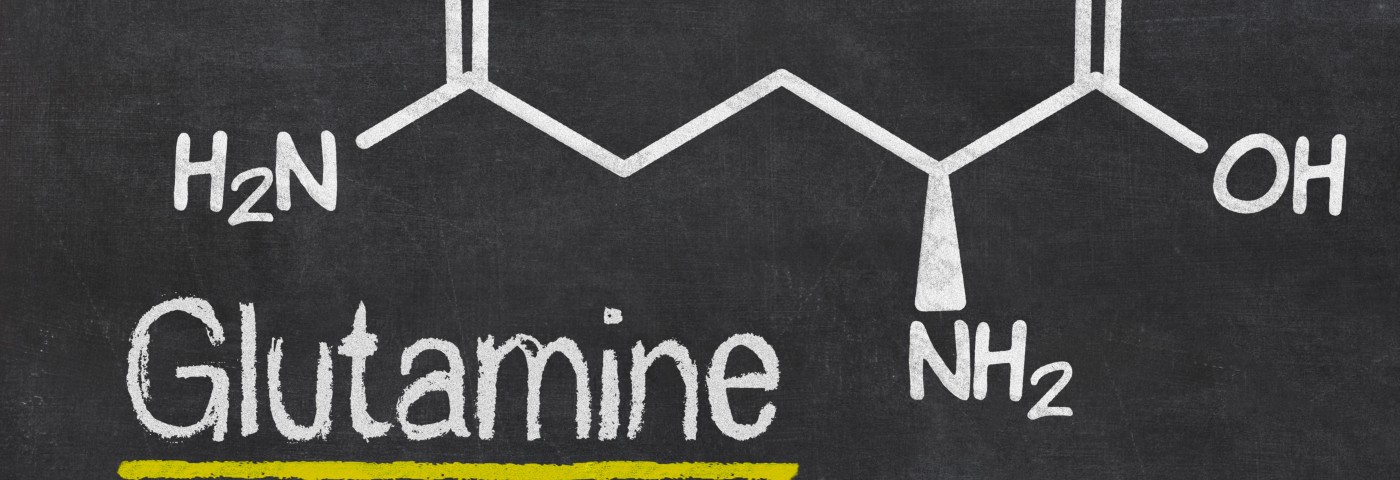A review published by the The Cochrane Library reported that there is not enough evidence to draw conclusions about the efficacy and safety of glutamine for inducing remission in patients with Crohn’s disease. The review is titled “Glutamine for induction of remission in Crohn’s disease.”
“Considering that glutamine may have positive nutritional, metabolic and immunologic benefits with respect to Crohn’s disease, it has been trialed for the treatment of people with the disease,” researchers from Sidra Medical and Research Center wrote in a press release. The team analyzed relevant studies published before Nov. 15, 2015.
In addition, two small randomized controlled clinical trials were included in the review. The first trial was a double-blind, single-center study conducted in the United Kingdom, and included 18 patients with active Crohn’s disease, all younger than 16 years of age. Patients received either a standard polymeric diet with low glutamine content – corresponding to 4 percent of total amino acid composition – or a glutamine-enriched polymeric diet holding 42 percent glutamine. The diet was administered over four weeks, and if the patients could not consume the diet orally, it was administered using a nasogastric tube. After four weeks, clinical remission was analyzed.
The trial reported no difference in remission rates between the groups, with 44 percent achieving remission in the glutamine group and 56 percent in the control group. The overall quality of the data was deemed low by the reviewers, who said the data was associated with “serious imprecision.”
The second trial, also a double-blind, single-center study, was performed in Germany, and included 24 adults with acute exacerbations of inflammatory bowel disease, of whom 19 had Crohn’s disease. All patients were considered for total intravenous feeding. They received 0.3 g/kg per day of alanyl-glutamine in a standard amino acid solution, or the standard solution without glutamine. After one week of treatment, the researchers measured glutamine plasma concentrations and intestinal permeability of the patients, but could not report differences in permeability between the groups.
The trial involving children could also not detect any differences in intestinal permeability. Moreover, researchers noted that the study did not report data on endoscopic remission, clinical response, quality of life or growth in the children. While there were no serious adverse events during the study, the review noted that adverse events were generally not well documented.
In the adult study, however, three infections in the central catheter, confirmed with positive blood cultures, occurred in the glutamine-treated patients. No such infections were observed in the control group.
While both clinical trials reported negative efficacy results, the review concludes that the available evidence is not of good enough quality to draw any conclusions about the efficacy and safety of glutamine in Crohn’s disease. More large clinical trials are needed to clear the role of glutamine in Crohn’s management.

